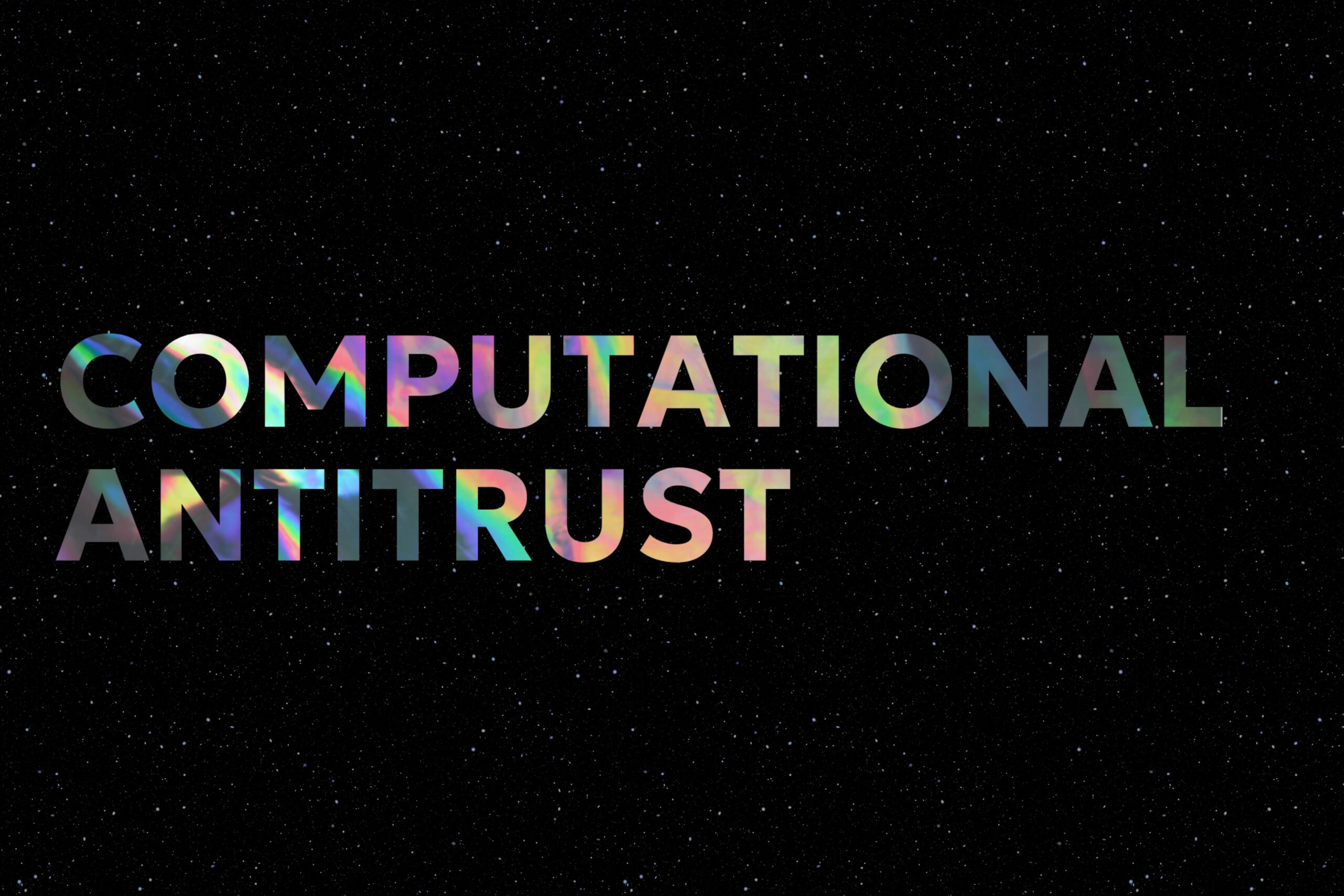Welcome to Crane’s Cartel, a trimonthly series where University of Michigan law professor Daniel Crane engages in hard-core mind-fixing.
****
The Robinson-Patman Act was enacted in 1936 amid New Deal fervor against the power of chain stores, particularly the hegemonic Great Atlantic and Pacific Tea Company (“A&P”). Among its provisions was a prohibition on price discrimination that impaired competition with any person, whether or not it injured competition generally. That meant that plaintiffs and the government could bring R-P cases without any showing that the practice in question had any effect on the overall competitiveness of the market. It was enough that a single firm was competitively disadvantaged.
If Congress’ goal was to destroy the A&P, it succeeded wildly. The Roosevelt Administration promptly sued A&P for R-P violations, which resulted in a settlement and spin-offs. From a height of around 15,000 stores in the early 1930s, A&P shrunk to 5,000 stores by 1950. It was the beginning of a painful decline that resulted in multiple bankruptcies and the eventual disappearance of A&P as a going concern. Missioned accomplished!
Of course, plenty of other firms were ready to take A&P’s place, both as a national chain store and as a target of the R-P Act. Through the fifties, sixties, and seventies, the FTC and DOJ as well as private plaintiffs brought hundreds of R-P cases.
But then came along the Chicago School revolution of the 1970s. No piece of antitrust legislation was more pilloried than the R-P Act. Price discrimination was said to be competitively benign or even efficiency-enhancing. The R-P Act was portrayed as protecting inefficient small firms at the expense of consumers. The Supreme Court’s 1967 Utah Pie decision, upholding liability in favor of a plaintiff who lost some market share when it faced price competition, became the poster child for everything wrong with antitrust law. Robert Bork summed it up with the observation that “[t]here could be no clearer demonstration than the Utah Pie decision that the statute is essentially anti-competitive and anti-consumer.”
The courts and antitrust agencies began to take notice, and R-P lost its luster. The Justice Department abandoned the Act in 1977. The FTC brought its last case in the 1980s. In 2007, the bi-partisan Antitrust Modernization Commission recommended that the R-P Act be repealed in its entirety. By 2007, that recommendation seemed almost superfluous. The Supreme Court had already carved down the R-P Act to the place that it had become essentially superfluous to the Sherman Act. Primary line price discrimination would require the same showing as predatory pricing under Section 2 of the Sherman Act, and secondary line price discrimination would only be cognizable when it resulted in an injury to competition as a whole.
This was all very convenient for me as a law professor. It meant that I could just skip teaching the R-P Act since it added nothing to the Sherman Act. But, once in a while, it did bother me that both the agencies and courts had abandoned what Congress clearly enacted in 1936. To be sure, I have little sympathy for the R-P Act. I heartily endorse the AMC’s repeal recommendation. But we live in a democracy where the elected representative of the people is supposed to make the law, the executive branch is supposed to enforce it, and the courts are supposed to apply it. The abandonment of a federal statute by agencies and courts without repeal by Congress raises serious questions of democratic legitimacy and the rule of law.
And so I was simultaneously mortified and gratified when the news broke in January of 2023 that the FTC had launched investigations of Coke and Pepsi for R-P violations. Mortified because I believe the R-P Act is a bad policy. Gratified, because democratic legitimacy and the rule of law are far more important than my specific policy preferences.
I’ve kicked this around a bit on Twitter, and one sensible response has been to raise prosecutorial discretion in support of the legitimacy of non-enforcement. Alas, that is not a complete answer. Certainly, the executive branch has the discretion to prioritize some areas of enforcement and not others, but that is generally not a legitimate reason for administration after administration to refuse to enforce an entire statute. The case might be different if the statute had questionable constitutionality, but the R-P Act is indubitably on solid constitutional footing. The executive branch also is within its rights not to enforce statutes that have fallen into desuetude—meaning that the statute has been neglected for so long that penal enforcement would violate due process norms. That may be a good argument against enforcing the R-P Act criminally, but not so much as to civil enforcement. More fundamentally, prosecutorial discretion cannot account for the behavior of the courts in failing to apply the R-P according to the plain meaning of its text and legislative history.
So a grumpy three cheers for the revival of the R-P Act. Let the FTC enforce it, let the courts apply it, and then let Congress repeal it.
Daniel Crane
***
| Citation: Daniel Crane, Reviving the Robinson-Patman Act, Network Law Review, Winter 2023. |








